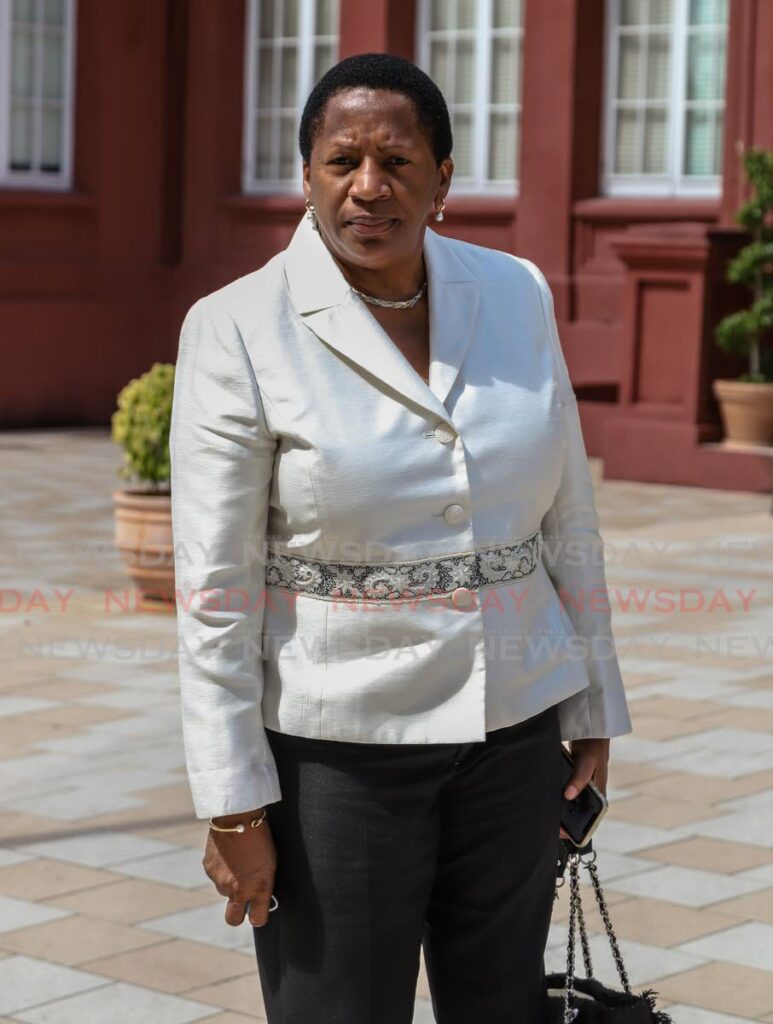Government looks at cheaper electric cars, work-from-home policy

Minister of Planning and Development Pennelope Beckles said policies are being developed to make electric cars more available for the general public.
She said this in keeping with the Government's Vision 2030 and the initiatives that will contribute to the reducing the effects of climate change.
"There are taxes associated with the purchase of electric vehicles, but as you said some people believe it is out of their reach, so the Ministry of Planning and Development are continuing to do the research and if it is based on the data, we would make the appropriate submission to the government. But we are still doing the research, the policy and some analysis," Beckles said.
She was speaking to the media at the Model UN opening debate on the topic of climate change at the Radisson Hotel, Wrightson Road, Port of Spain on Saturday.
She added that even when the research is completed, there is still the comparative data to look at.
"Whilst you talk about reducing the greenhouse gases and so by 15 per cent and of course, the emissions from the public transportation by 30 per cent by 2030, all of it is related. So at the end of the day, it is not just about convincing and persuading, but providing the evidence to convince the public."
Beckles also touched on the absence of a government work from home policy which can help reduce the carbon footprint
"I think that you want to make the decision more than just to say that you want people to work from home because it's going to reduce emissions. I think it's more than that as a country because ultimately you're looking at the impact on climate so, it's more than that."
She said she announced in her budget contribution that the ministry is working with the Ministry of Public Administration with a request for proposal and an allocation of $1 million to research the benefits of the work from home policy.
"We understood that particularly during covid19, you had no choice, but I think that people actually saw that there are benefits of working from home and it's a question of doing the policy, appropriate consultation, talking to the unions and staff and coming up with something that people are comfortable with."
She said this policy is a collaborative effort as the Planning and Development, Public Administration and the Labour Ministries all have roles to play in the implementation.
"We do know that there are terms and conditions, collective agreements so, it's not something you can ignore. Therefore, it would be required to engage the unions and ensure that those terms and conditions and collective agreements and how do you impact on that and if there will be the willingness to ultimately to make that change."
Beckles said there will always be the debate of productivity output because it's a debate in the public domain as many believe that once someone is home, no work is being done.
"That's not necessarily so. I recall at the UN for example, I think it was around 18 months where you had the work from home policy so how do you engage other countries and institutions who have successfully implemented the work from home policy."
Beckles drew from experience and said that while working from home, more of her tasks were completed because meetings were easier to arrange and get done. She added that once someone is genuinely working from home the accountability is still there.


Comments
"Government looks at cheaper electric cars, work-from-home policy"